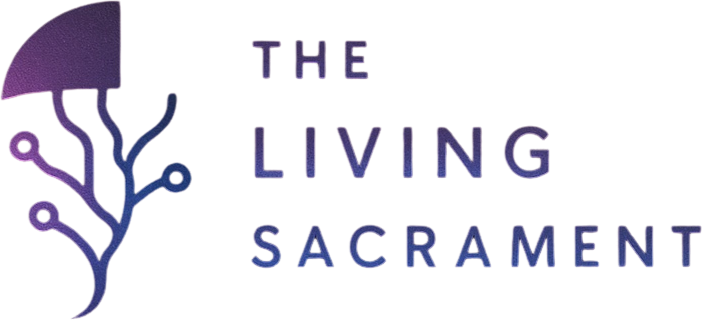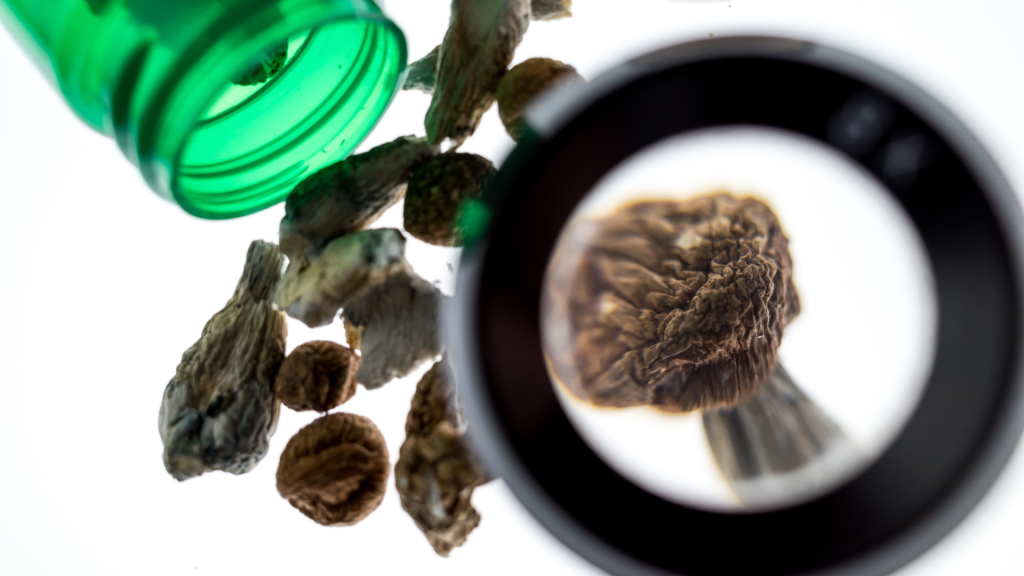If you’ve heard about the new wave of research on psilocybin, you might wonder: can doctors actually prescribe it? While psilocybin is showing major promise in treating depression and anxiety, its legal and medical status still places it in a gray area between clinical research and mainstream medicine.
Where Psilocybin Stands Today
According to the U.S. Drug Enforcement Administration (DEA), psilocybin is currently classified as a Schedule I controlled substance. That means it’s considered to have a high potential for abuse and no accepted medical use. Substances in this category, like LSD and heroin, can’t be prescribed by any doctor under federal law.
However, this classification doesn’t mean psilocybin is medically useless. It only means that, officially, its therapeutic value hasn’t been recognized at the federal level yet. Behind the scenes, that’s beginning to change.
The FDA’s “Breakthrough Therapy” Designation
In recent years, the U.S. Food and Drug Administration (FDA) has given psilocybin Breakthrough Therapy designation for two conditions: treatment-resistant depression and major depressive disorder. This designation doesn’t make psilocybin legal to prescribe, but it fast-tracks research and clinical trials so the FDA can review the drug’s safety and effectiveness more quickly.
Think of it as the government saying, “This looks very promising, let’s study it faster.”
Major institutions like Johns Hopkins University and NYU have since led several clinical trials under this designation, showing psilocybin’s potential to relieve deep depression where standard treatments fail.
Can Doctors Prescribe Psilocybin Anywhere?
Not under federal law. But in some regions, psilocybin is entering supervised medical use through state-regulated programs or clinical exemptions.
For example:
- In Oregon, psilocybin services became legal in 2023 under state-licensed facilities. However, these are not prescriptions, they are supervised sessions with trained facilitators.
- In Colorado, a similar program is rolling out in stages, allowing controlled therapeutic access rather than open prescribing.
- Canada’s Health Ministry has approved limited exemptions under Section 56 of its Controlled Drugs and Substances Act, allowing certain therapists and patients with terminal illness to legally use psilocybin in treatment.
Outside these exceptions, psilocybin can only be used legally within clinical research settings approved by the FDA or equivalent agencies abroad.
The Medical Viewpoint: Clinicians and Ethics
The medical community is cautiously optimistic. A 2024 article in Frontiers in Psychiatry noted that psilocybin’s therapeutic promise is “high, but dependent on structured supervision.”
Clinicians emphasize that psilocybin-assisted therapy is not about simply taking a pill, it’s a guided process that includes psychological preparation and integration afterward.
Legal experts also highlight ethical questions. A Journal of the American Academy of Psychiatry and the Law paper (2024) warned that early prescribing without standardized regulations could create patient safety risks, including misuse or inconsistent treatment outcomes.
In short, even if psilocybin became prescribable tomorrow, the healthcare system would need strict frameworks for training, dosing, and patient screening.
When Could Prescription Status Change?
That depends on ongoing phase III clinical trials, several of which are now underway. Once those results are submitted to the FDA, psilocybin could be reclassified from Schedule I to Schedule II or III, categories that allow prescription use under medical supervision.
Experts predict that, if approved, psilocybin might first be offered in specialized clinics, much like ketamine-assisted therapy is today.
These clinics would likely operate under both psychiatric and regulatory oversight to ensure controlled administration.
Direct Answer: Can Psilocybin Be Prescribed?
Not yet. In the United States and most countries, psilocybin remains a Schedule I drug, meaning it cannot be prescribed by doctors. However, it can be administered legally in FDA-approved clinical trials or under limited state-supervised programs.
Federal agencies like the FDA are reviewing growing evidence that psilocybin is safe and effective in controlled therapy, so prescription access could become reality within the next few years.
Final Thoughts
Psilocybin’s path to medical approval is slow but steady. A decade ago, it was a taboo topic, now it’s one of the most studied psychedelics in modern medicine. The science is strong, the results are hopeful, and regulation is catching up.
The short answer is not yet, at least not in the traditional sense
It’s not a prescription yet, but it’s not just a “street drug” anymore either. Magic Mushrooms sit at the edge of becoming a legitimate tool in mental health care, one clinical trial at a time.
Sources
DEA – Psilocybin Schedule I status
DEA – Psilocybin fact sheet
Frontiers in Psychiatry – 2024 – Therapeutic Use of Psilocybin: Practical Considerations for Clinicians.

